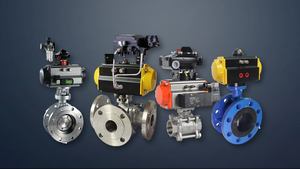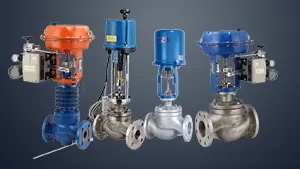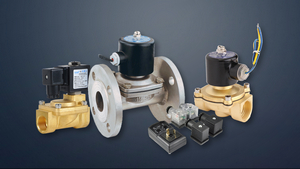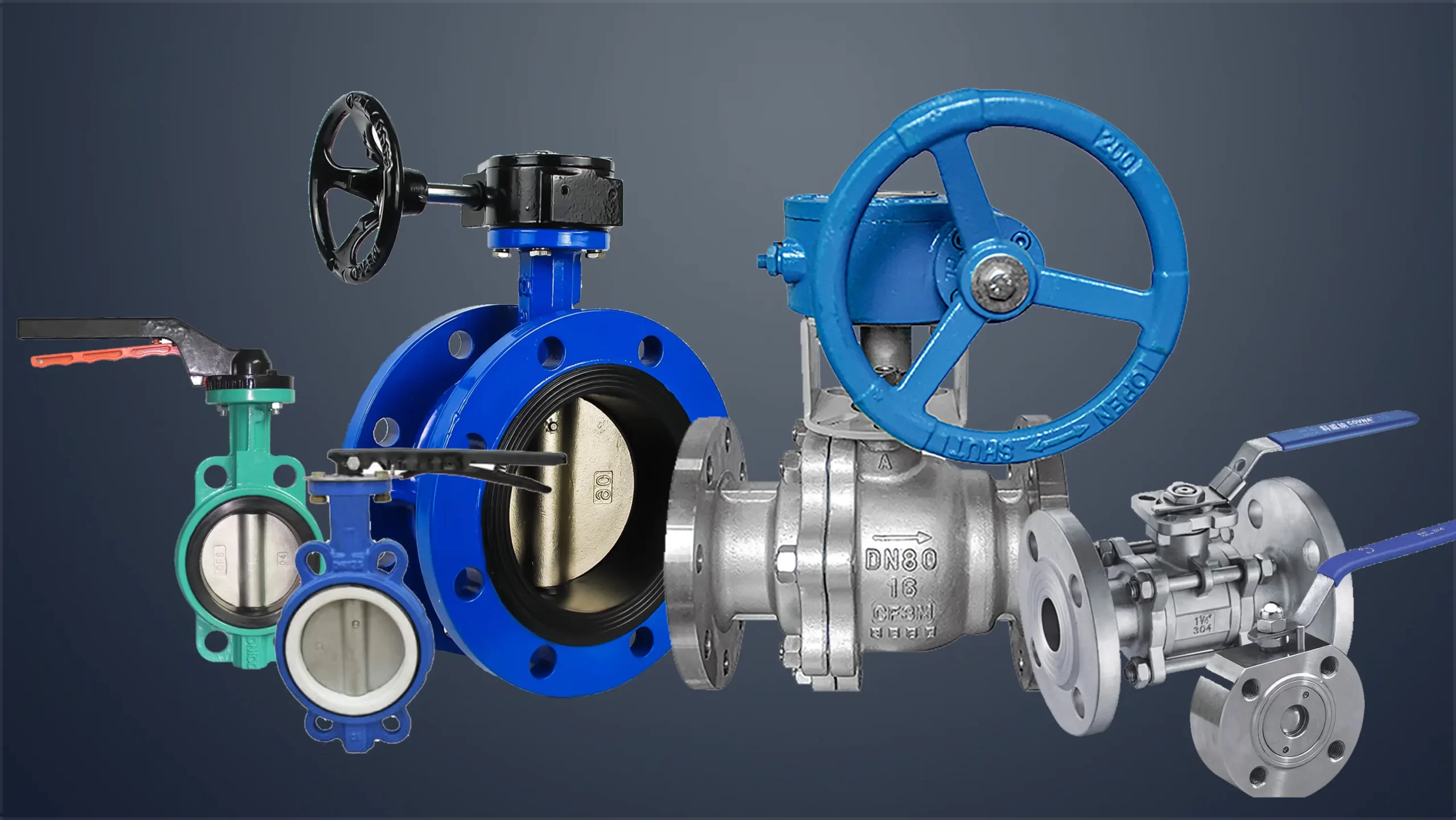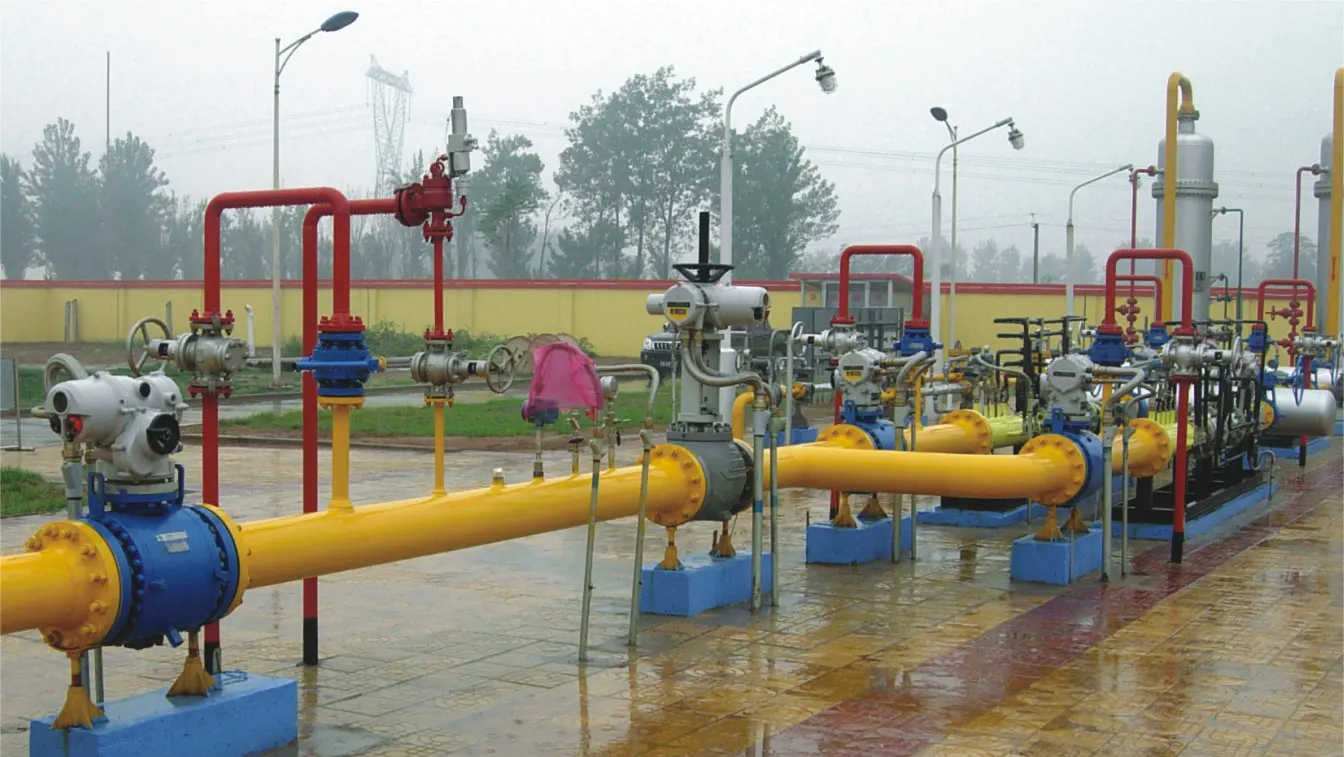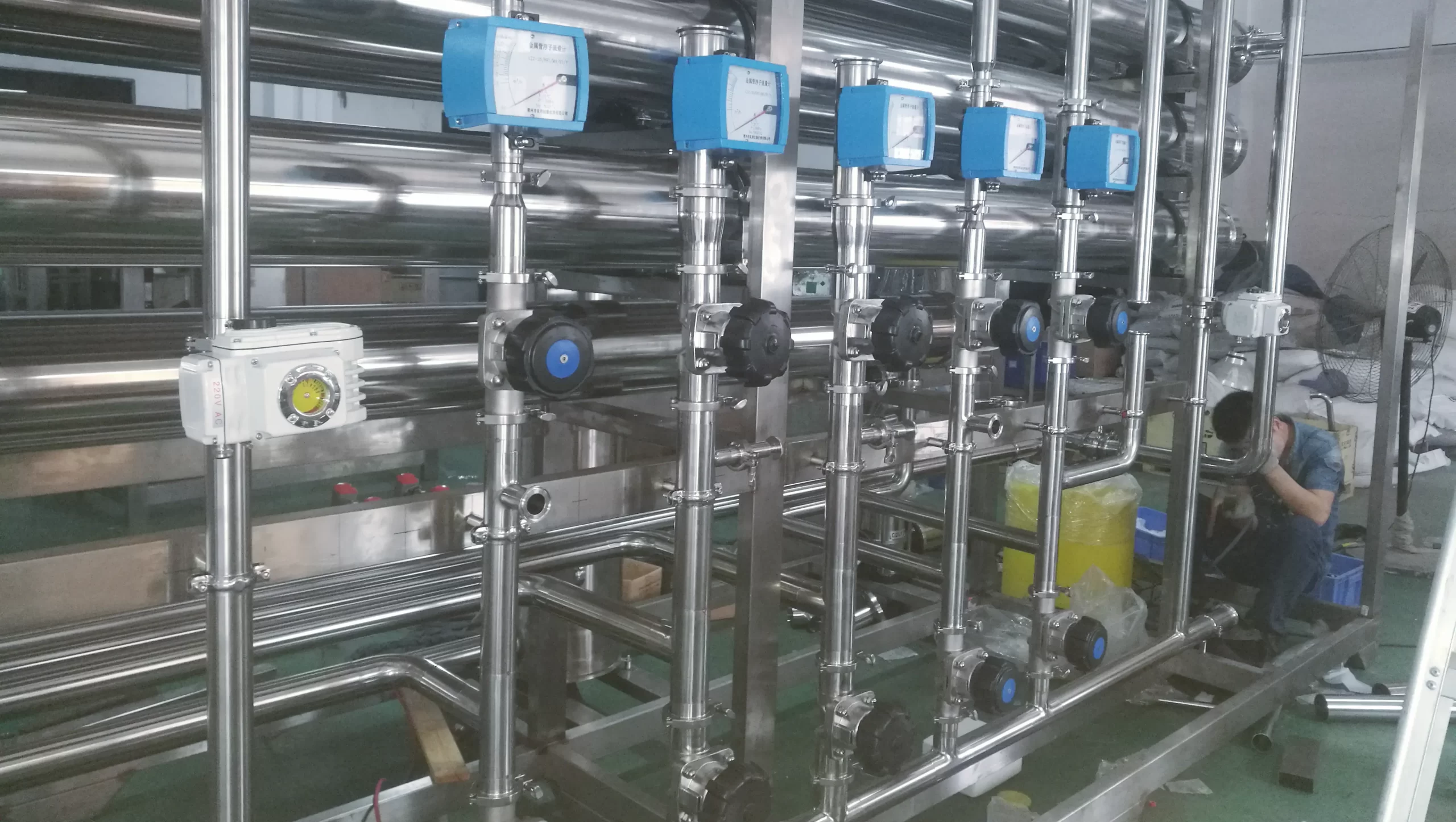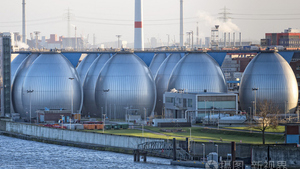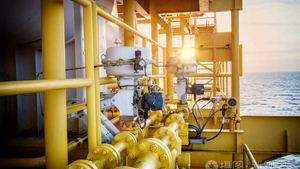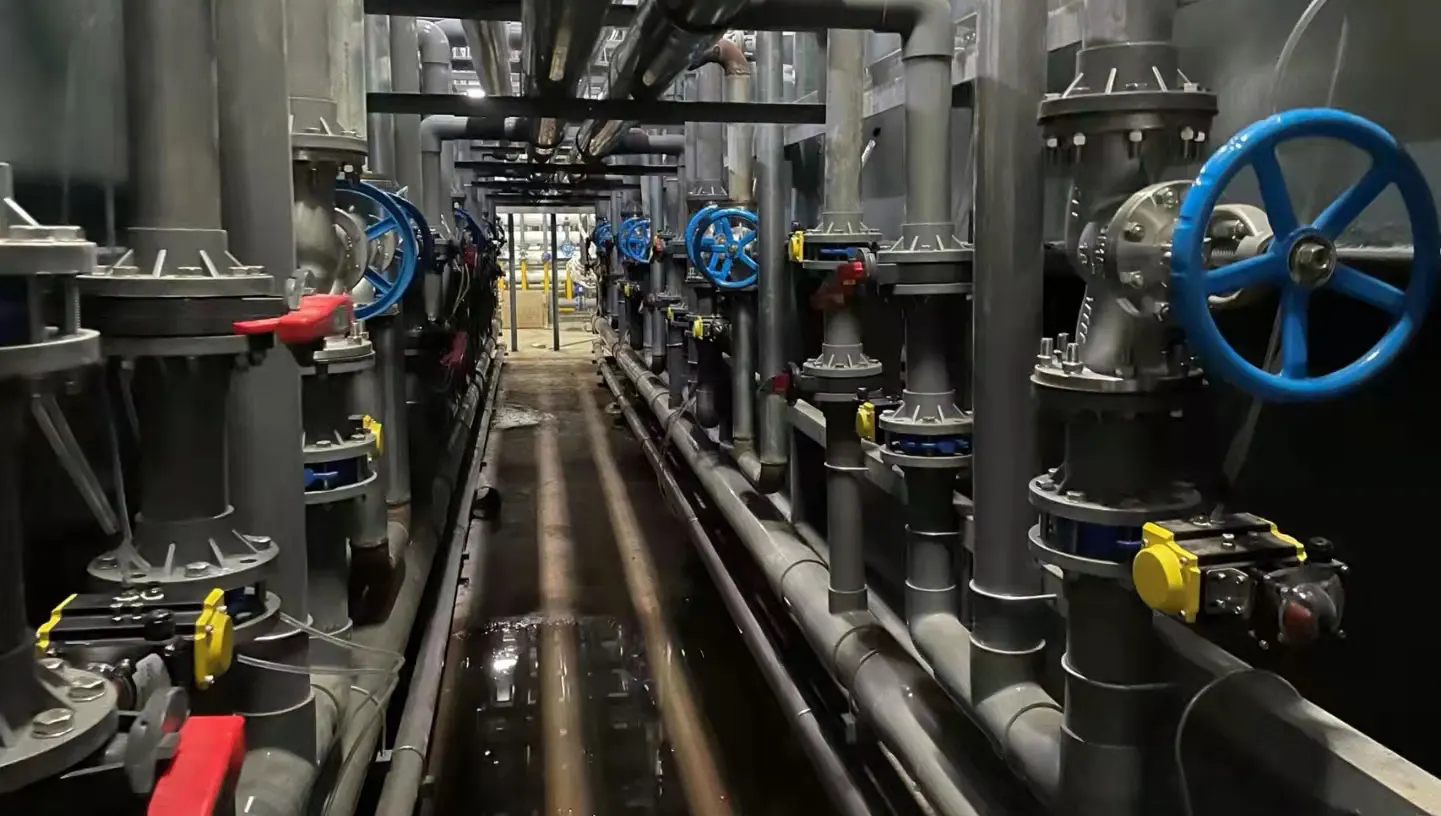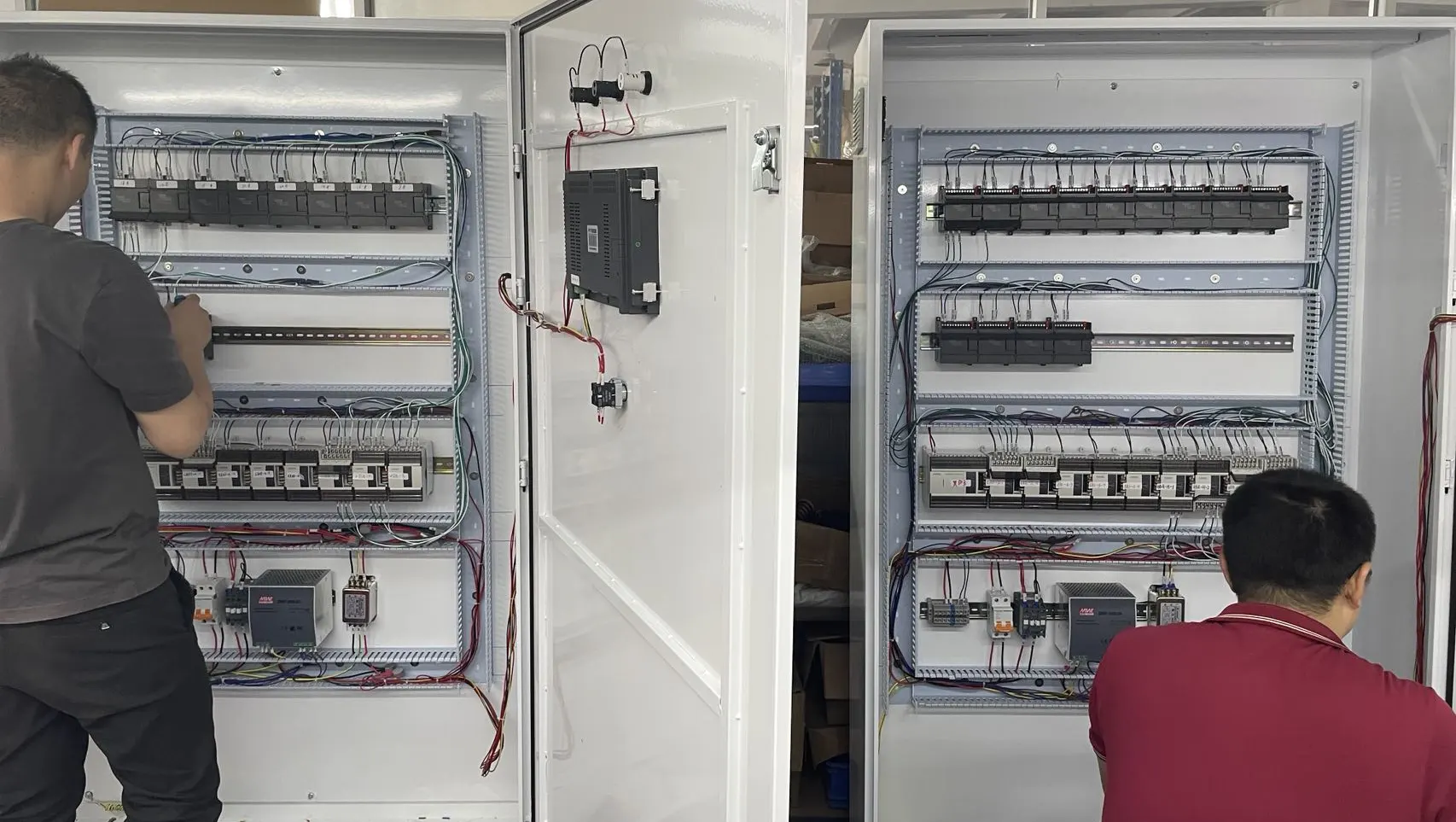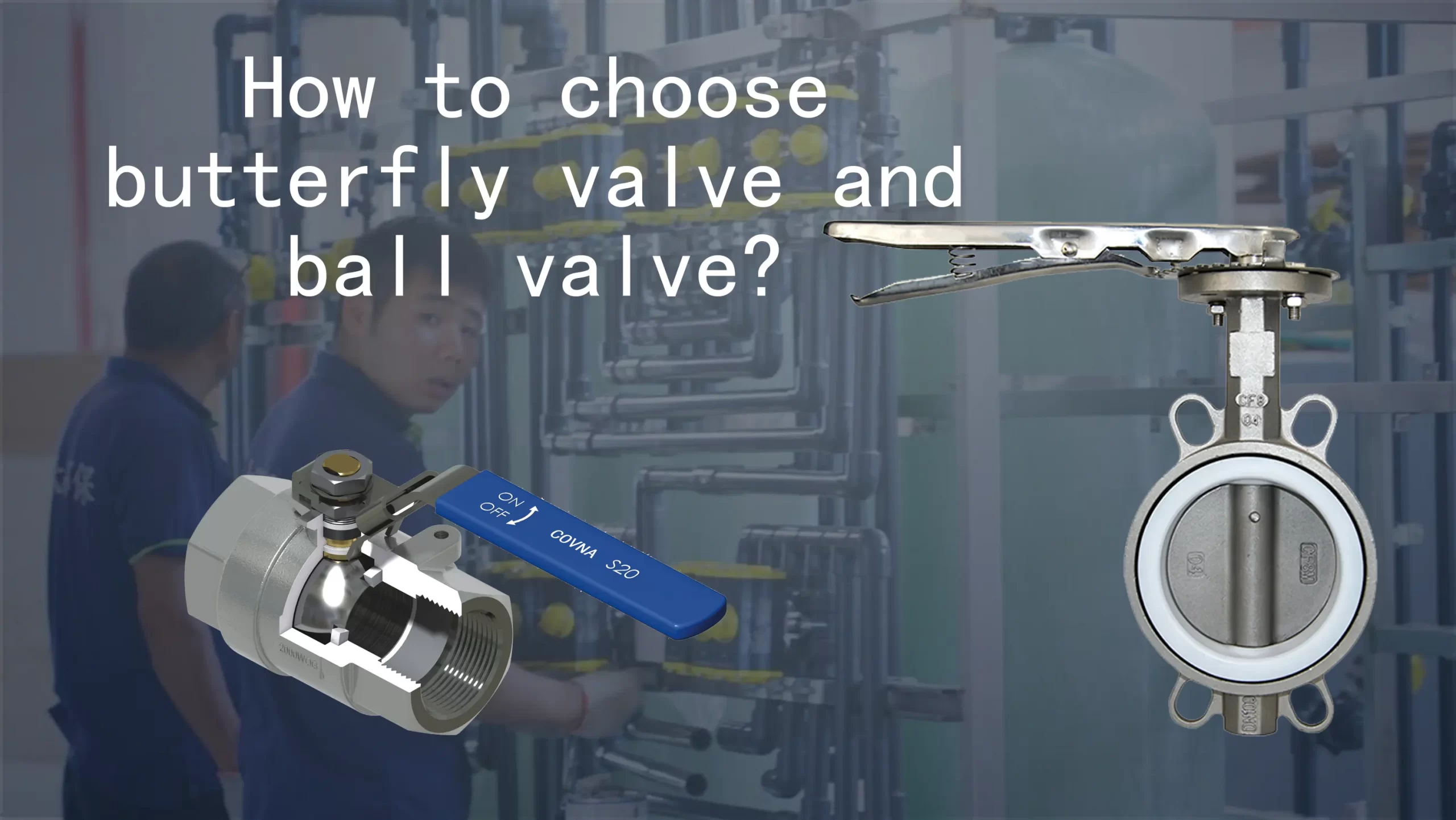——Classification of valve drive mode:
According to the movement mode of the drive mechanism, the valve drive device is divided into two types: linear travel and angular travel.
According to the driving structure, the valve driving device is divided into:
1. Handle handwheel type (including reduction by intermediate gear)
2. Spring lever
- Electric drive
1. Electromagnetic( solenoid )
2. Motorized( Electric Actuator)
1. Diaphragm
2. Cylinder type
① Piston cylinder type
② Piston rack type
③ Piston connecting rod type
④ Piston fork type
⑤ Piston screw type
3. Blade type
4. Air engine type
5. Combined film and ratchet
- Hydraulic drive
1. Hydraulic cylinder
2. Hydraulic motor type
- Linkage drive: Electro-hydraulic linkage
——Various valve drive devices features:
- Electric drive
Advantages:
1. Strong applicability, not affected by ambient temperature
2. Wide output torque range
3. Convenient control, can freely use various signals such as DC, AC, shortwave, pulse, etc., suitable for work such as amplification, memory, logical judgment and calculation
4. Ultra-miniaturization can be achieved
5. With mechanical self-locking
6. Easy to install
7. Convenient maintenance
Disadvantages:
1. Complex structure
2. The mechanical efficiency is low, generally only 25%~60%
3. The output speed cannot be too low or too high
4. Susceptible to changes in power supply voltage and frequency
- Pneumatic drive
Advantages:
1. Simple structure
2. Easy access to gas source
3. Can get higher switching speed
4. A speed regulator can be installed to adjust the switching speed as required
5. The gas is highly compressible and flexible when closed
Disadvantages:
1. Compared with the hydraulic device, the structure is larger, and it is not suitable for the valve with large diameter and high pressure.
2. The speed is not easy to be uniform due to the compressibility of the gas.
- Hydraulic drive
Advantages:
1. The structure is simple, compact and small
2. Large output
3. Easy to obtain low speed or high speed, capable of stepless speed change
4. Can be controlled remotely
5. High efficiency due to the viscosity of hydraulic oil, self-lubricating performance and anti-rust performance
Disadvantages:
1. The change of oil temperature causes the change of oil viscosity
2. Hydraulic components and pipelines are easy to leak
3. Accompanying management, inconvenient maintenance
4. Not suitable for various operations on signals
——Valve drive mode choice:
The selection basis of valve drive mode is:
1. The form, specification and structure of the valve.
2. Valve opening and closing torque (line pressure, valve maximum pressure difference) and thrust.
2. The highest ambient temperature and fluid problems.
4. Usage and frequency of usage.
5. Opening and closing speed and time.
6. Valve stem diameter, pitch and direction of rotation.
7. Connection method.
8. Power source parameters: electric power supply voltage, number of phases, frequency; pneumatic air source pressure; hydraulic hydraulic source pressure.
9. Special considerations: low temperature, anti-corrosion, explosion-proof, waterproof, fire-proof, radiation protection, etc.
--- END ---



